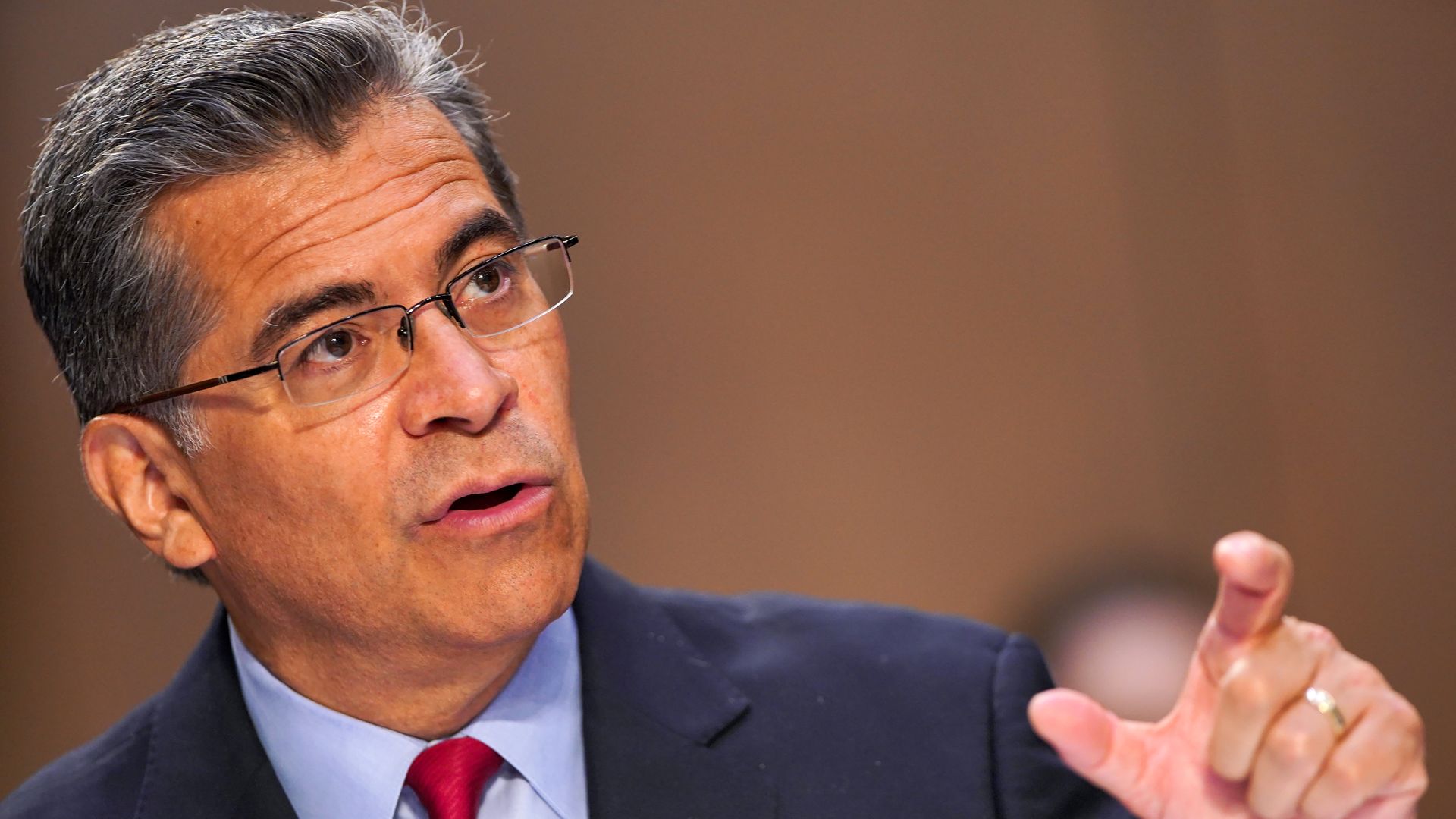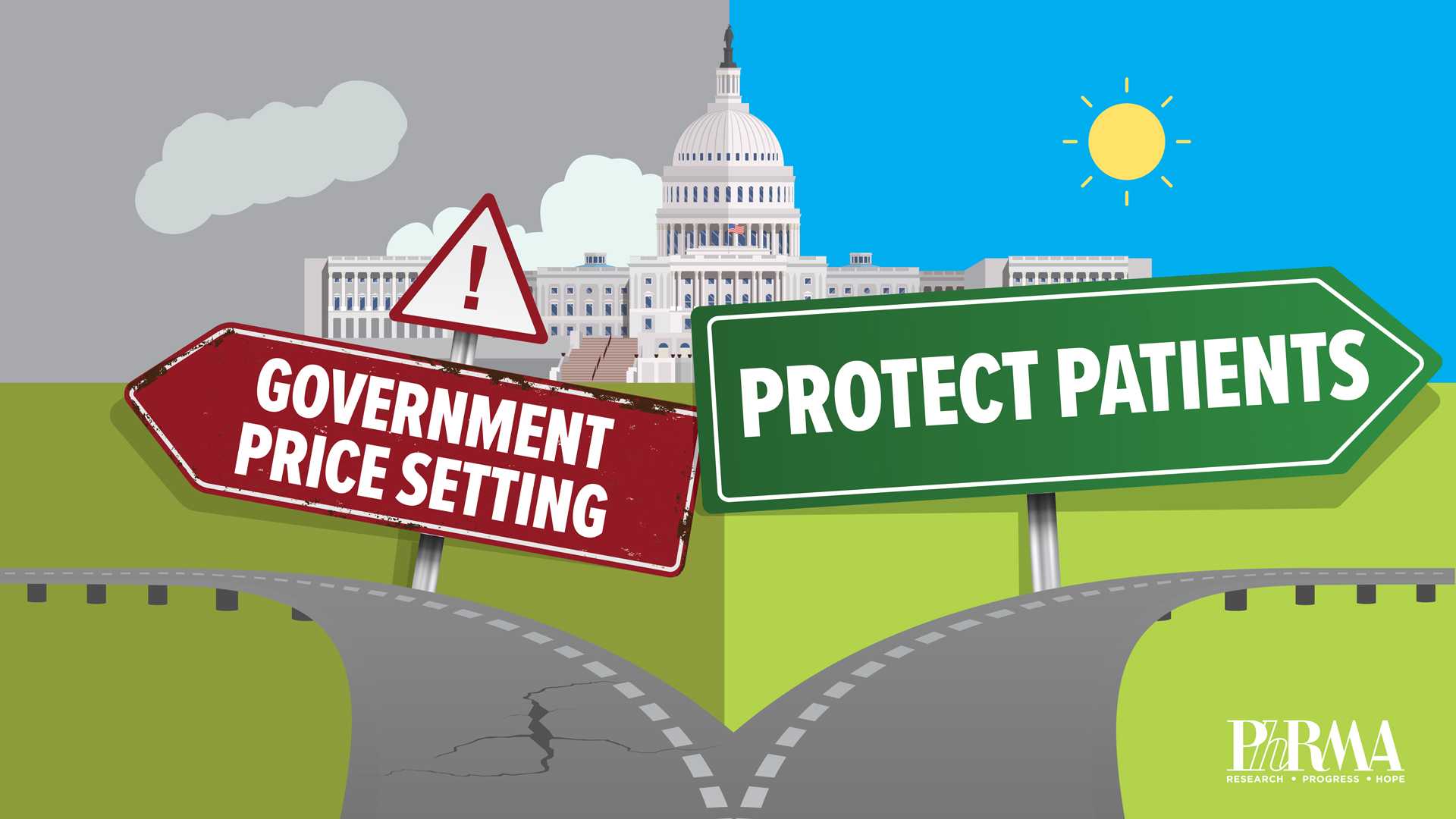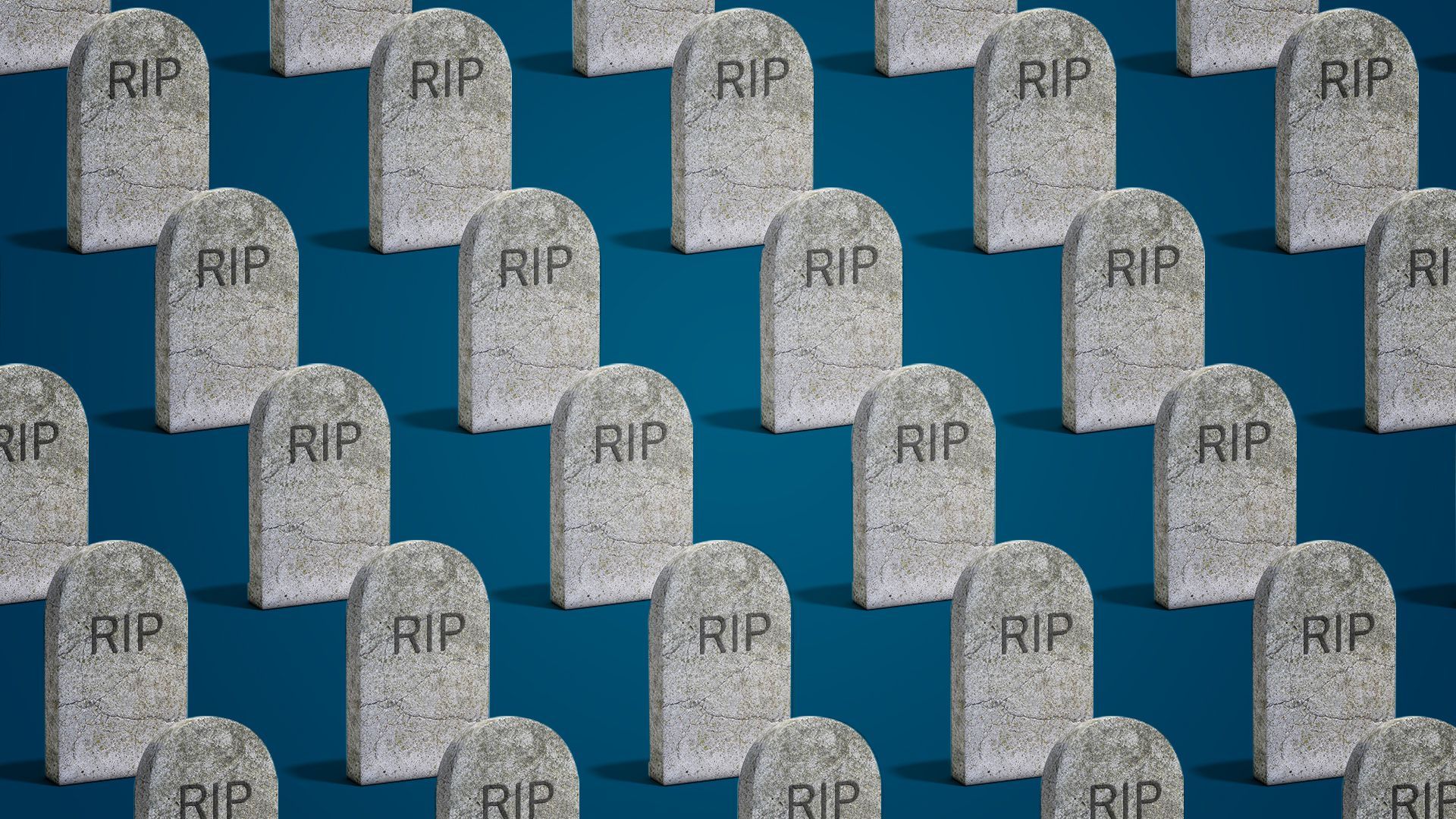| | | | | | | Presented By PhRMA | | | | Axios Vitals | | By Tina Reed ·Feb 01, 2022 | | Good morning, Vitals readers. Today's newsletter is 759 words or a 3-minute read. Today marks the start of Black History Month, and for the next few weeks, we want to remember some of the major contributions of the Black medical community. - 🩸 Up first, you've probably heard the name Charles R. Drew before. There are health centers, elementary schools, and even a private university named after him. But did you know he discovered how to store blood plasma long-term and organized America's first large-scale blood bank?
| | | | | | 1 big thing: Health experts vs. the media |  | | | Illustration: Annelise Capossela/Axios | | | | Health care professionals and scientists no longer feel that they can rely on media and tech companies to effectively combat misinformation, so they're hitting the airwaves themselves, Axios' Sara Fischer and Caitlin Owens write. The big picture: Although there have long been pockets of vaccine resistance, and public health has previously been politicized around the world, the pandemic — and its politicization — has allowed health misinformation to become mainstream. Driving the news: There's been a huge spike in doctors, nurses and scientists starting their own media channels and building brands as medical news experts since the onset of the pandemic. - "It fills a void, a gap," said Peter Hotez, a vaccine researcher at the Baylor College of Medicine who has appeared on TV almost every day since the pandemic started.
Health experts took to Twitter last month to join the protests against Spotify and the "Joe Rogan Experience" podcast. - ParentsTogether, a group of more than 2,500 doctors and parents, recently debuted a petition demanding tech companies remove and ban accounts and content that spread COVID-19 misinformation.
What they're saying: "Part of the reason so many have stepped up is that they have felt this has become part of their job — there's a real need and urgency to engage in this in the public sphere, not just in the doctor's office," said Celine Gounder, an infectious disease specialist and clinical professor at NYU. Go deeper. |     | | | | | | 2. White House frustrated with Becerra: report |  | | | Xavier Becerra. Photo: Greg Nash- Pool/Getty Images | | | | Officials within the Biden administration are becoming increasingly frustrated with HHS Secretary Xavier Becerra's low profile amid the COVID pandemic, the Washington Post reported. - Becerra is rarely seen addressing the pandemic publicly.
- Meanwhile, NIAID director Anthony Fauci, CDC director Rochelle Walensky and White House COVID-19 response coordinator Jeffrey Zients have played the starring role of the federal response.
The White House denied tensions, telling the Post that "the administration has managed a strong, coordinated COVID-19 response thanks to Secretary Becerra and HHS officials at every level of government." Context: As Caitlin recently reported, the vacuum of an HHS messenger only contributes to the Biden administration's bigger COVID communications problem. |     | | | | | | 3. Over 1 million years of life lost to overdoses |  Data: Hall et. al, JAMA 2020; Chart: Will Chase/Axios Adolescents and young adults lost an estimated 1.2 million years of life due to unintentional drug overdoses over five years, according to a study published in JAMA. What they found: About 3,300 adolescents ages 10–19 years old died of an unintentional drug overdose in the U.S. between 2015 and 2019, representing about 187,078 years of life lost, researchers from Ohio State University said. - That number rises to nearly 22,o0o young people when expanding the age group to overdose deaths among those among 10–24 years old. Males collectively lost more years of life, the researchers said.
Why it matters: While previous reports have focused on adults, this specifically looks at the impact of unintentional deaths among young Americans. It's particularly alarming when considering the record numbers of overdose deaths reported since the conclusion of the study. - Years of life lost, as the authors point out, offers "important context to the overdose crisis by better representing what is meant to society by the loss of adolescents and young people."
|     | | | | | | A message from PhRMA | | Middlemen are pocketing your discounts | | |  | | | | Government price setting policies won't stop insurers and other middlemen from shifting medicine costs to you. Get involved: Use your voice to stand against dangerous health care proposals like government price setting. Get more details. | | | | | | 4. The overmedicalization of death |  | | | Illustration: Aïda Amer/Axios | | | | The process of dying has become over-medicalized, resulting in increased suffering, loss of dignity and inefficient use of resources at the end of life, according to a report released Monday by a new Lancet Commission. The big picture: Technological and medical advances fueled the idea that science can defeat death, increasing the over-reliance on medical interventions, the authors say. - Deaths during the COVID pandemic, in which individuals have had to be isolated from family members in ICUs, even in their final moments, were an example of this trend.
What they're saying: "How people die has changed dramatically over the past 60 years, from a family event with occasional medical support, to a medical event with limited family support," said Libby Sallnow, co-chairwoman of the commission. - The commission called for a "rethink" of how society approaches death, including improving community involvement and social care services, bereavement support and improvements in "death literacy."
|     | | | | | | 5. Catch up quick | - As we told you yesterday, it looks like the timeline for COVID vaccines for kids may be moving up. Caitlin writes it could come by the end of the month. (Axios)
- Humana is looking to unload the hospice arm of Kindred at Home, Axios' Sarah Pringle writes. (Axios Pro)
- It was a big day in the COVID vaccine world. Moderna got full approval for its shots, while Novavax applied for emergency use authorization for its vaccine. (Axios)
|     | | | | | | A message from PhRMA | | Patients need affordable medicines | | |  | | | | Government price setting threatens patient access to medicines and innovation. Instead, let's cap out-of-pocket costs and stop middlemen from pocketing discounts. Learn more about how these proposals have potentially devastating consequences for patients. | | |  | Bring the strength of Smart Brevity® to your team — more effective communications, powered by Axios HQ. | | | | | | Axios thanks our partners for supporting our newsletters. If you're interested in advertising, learn more here.
Sponsorship has no influence on editorial content. Axios, 3100 Clarendon Blvd, Suite 1300, Arlington VA 22201 | | | You received this email because you signed up for newsletters from Axios.
Change your preferences or unsubscribe here. | | | Was this email forwarded to you?
Sign up now to get Axios in your inbox. | | | | Follow Axios on social media:    | | | | | |








No comments:
Post a Comment